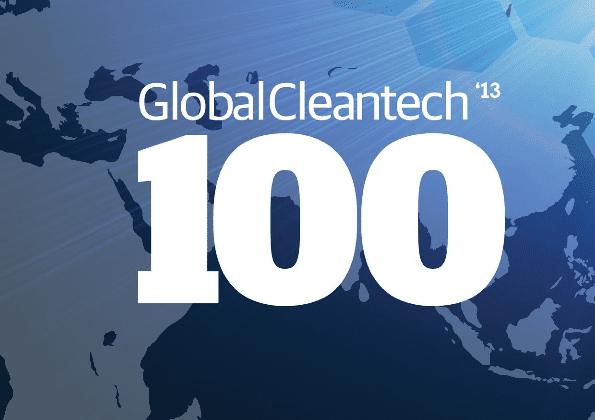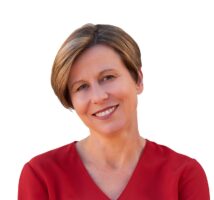Two Australian companies have cracked the ranks of the 2013 Global Cleantech 100, double the number represented on last year’s peer-nominated list which, each year, is whittled down from around 5000 companies worldwide.
CSIRO-developed energy storage start-up Ecoult and Queensland hydrogen fuel cell company Hydrexia both won spots on this year’s index, with Ecoult making the top ten, and Hydrexia taking first place in the list’s Asia Pacific Company of the Year award.
Interestingly, both of the Australian companies to make the list were successful beneficiaries of federal funding via one of the former Labor government’s clean energy investment mechanisms, Australian Renewable Energy Agency (ARENA).
Ecoult was granted $480,000 via ARENA’s Emerging Renewables Program, to go towards testing its world-leading energy storage technology, while Hydrexia received $4.5 million from the Southern Cross Renewable Energy Fund, to go towards its renewable energy storage technology.
As we wrote back in March, Ecoult’s $1.16 million pilot project aims to determine whether its CSIRO-developed Deka UltraBattery technology can lower operating and storage costs for residential and commercial renewable energy systems, through tests on a storage pilot at CSIRO’s Newcastle facilities.
The Sydney-based company is also currently implementing Deka Ultrabattery as part of a full stand-alone Power System for the King Island Renewable Energy Integration Project, being developed by Hydro Tasmania to reduce King Island’s reliance on diesel.
Hydrexia, meanwhile, is putting the $4.5 million in federal funding (which was matched dollar for dollar by Softbank China Venture Capital) towards a $9.25 million investment in hydrogen storage technology that will enable a new renewable energy storage solution.
Founded in 2006 and based in Brisbane, Hydrexia is a spin-off of the University of Queensland that has focused on developing effective and reliable hydrogen storage technology using a new magnesium alloy in a solid form called “hydride”.
French company Air Liquide has also made an equity investment in Hydrexia, giving it a leg-up into the existing industrial market, and the possibility of gaining a competitive advantage on the emerging renewable energy storage markets.
As is noted in the GCT100 report, winning a spot on the 2013 index 100 is no small thing. This year’s line-up saw 51 new entrants, 49 returning companies, 26 companies which have returned three years in a row, 12 four-year veterans and four companies which have made the Global Cleantech 100 all five years of its existence.
But we should probably not expect to see another doubling of Australia’s Global Cleantech 100 fortunes in 2014, with the Coalition promising to cut $150 million from ARENA’s funding and direct it to solar rooftops as part if its Direct Action climate policy.










